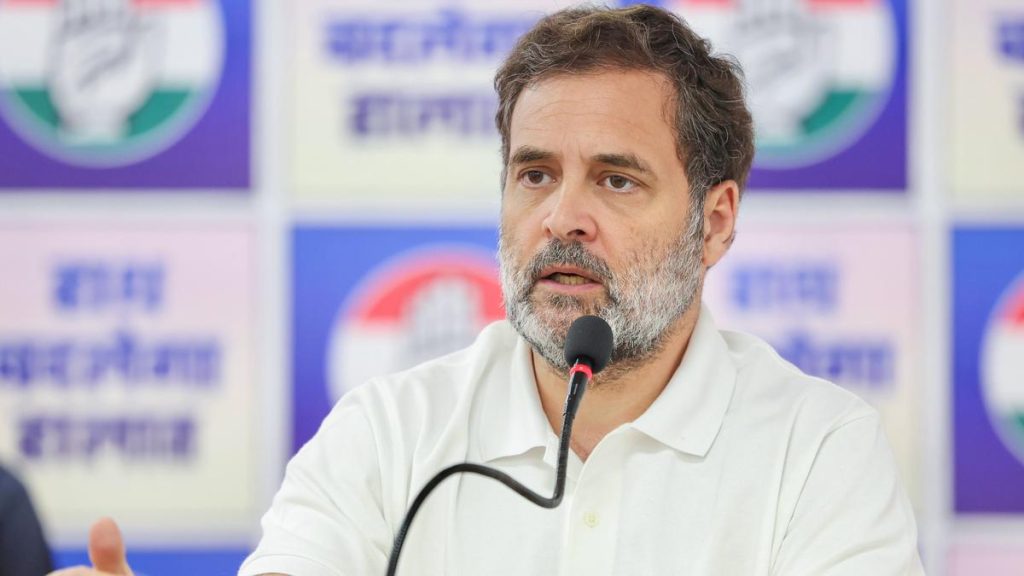Now Reading: Toy Trading Firm Exposed in ₹6.25 Crore GST Fraud with Fake Address, Bogus E-Way Bills
-
01
Toy Trading Firm Exposed in ₹6.25 Crore GST Fraud with Fake Address, Bogus E-Way Bills
Toy Trading Firm Exposed in ₹6.25 Crore GST Fraud with Fake Address, Bogus E-Way Bills

Speedy Summary
- A firm named M/s Bala Corporation was caught operating a fake GST input tax credit (ITC) scam worth ₹6.25 crore, according to the Telangana Commercial Taxes Department.
- The firm obtained its GST registration fraudulently by providing fabricated electricity bills for a non-existent address in Khairatabad, Hyderabad.
- Though registered for trading toys and video games, the firm issued 1,268 e-waybills between March and April 2025 for unrelated commodities like cement, copper pipes, and plywood without any actual goods being supplied or received.
- Proprietor Nasari Vinod Kumar allegedly violated provisions under Sections 16(2) and 122 of the CGST/TGST Act, 2017.
- ₹6.25 crore of fake IGST input credit was claimed by the firm while equally fraudulent Central and State GST credits were passed on to at least 32 other taxpayers across India.
- Following an examination led by ACTO nagi Reddy, the firm’s GST registration was cancelled retrospectively from February 25, 2025.
- Officials have initiated recovery proceedings against beneficiary entities that utilized fraudulent ITC credits.
- An FIR has been lodged at Hyderabad Central Crime Station (CCS), with further investigations underway.
Indian opinion analysis
The uncovering of this large-scale tax fraud exemplifies ongoing challenges in India’s GST framework enforcement mechanisms as its inception in mid-2017. While technological advancements such as e-waybills aim to ensure accountability in supply chains, deliberate exploitation persists among fraudulent actors leveraging system loopholes-a testament to both ingenuity and lackluster safeguards in oversight processes.
Implications are two-fold: On one hand, punitive measures like retrospective registration cancellation and recovery actions set vital precedents showing zero tolerance toward tax evasion schemes touching multiple jurisdictions simultaneously.
Conversely systemic vulnerabilities arising spotlight importance Transparency whilst finetuning detection tech longer terms Multistakeholder reforms suggested ensuring faith effective compliance broader community taxpayers alike sharing equitable burden contribute economy sustainable fiscal decorum Future ahead rests tightly country decisive judiciary regulatory balancing clamp tighten-laws swift justice ends rightful alleviate prosecutorial delays consistency public moral standing
Read more: Source Link
























